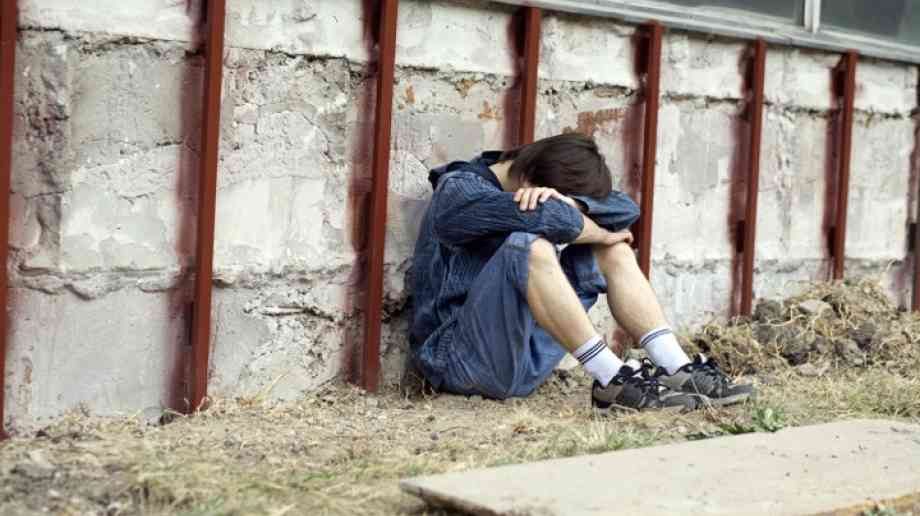Sue Robb of 4Children talks to Julie Laughton and Alison Britton from the Department for Education about the role of childminders in delivering the 30 hours free entitlement.
Rural homelessness more than doubles in last two years

Homelessness in rural areas in England has more than doubled in the last two years, with warnings that planning reforms are likely to make the situation much worse.
According to the countryside charity CPRE, and the Rural Services Network, the number of households categorised as homeless in rural local authorities in England rose to 19,975, an increase of 115 per cent from 2017/18.
The rise in numbers of households owed homelessness relief by councils, according to government figures, has been greatest in the north-east and north-west of England but an increase has happened in all areas. Increase in homelessness in rural areas is greater than that occurring in towns and cities, and rural councils fear the housing shortage in the countryside could soon worsen.
Local authorities have predicted a potential reduction in affordable house construction by up to 50 per cent if the requirement to build them switches to applying to sites with more than 40 or 50 homes rather than just 10 homes. The change could arise under the government’s proposed alterations to the planning system.
The CPRE has calculated that at current social housing build rates it could take more than 150 years to clear rural housing waiting lists.
The Rural Services Network has said that changes set out in the government’s planning white paper would be catastrophic for the delivery of rural affordable housing. It argues that more rural affordable housing would boost the economy. It has forecast that for every 10 new affordable homes built the economy would be boosted by £1.4 million, supporting 26 jobs and generating £250,000 in government revenue.
Crispin Truman, chief executive of CPRE, said: “Tragically, rural homelessness continues to soar. Continuing to deregulate the planning system will only make this situation worse. Instead, investing in rural social housing now would deliver a boost to the economy at a time when this is so desperately needed. The evidence is crystal clear that this is the best way to provide affordable homes for rural communities – especially the key workers whom communities rely on now more than ever – while at the same time jump-starting the economy.”
Graham Biggs, chief executive of the Rural Services Network, said: “The social case for affordable rural housing provision is undeniable and is at the heart of sustainable rural communities. Now the economic case for government investment in such housing is also firmly established, we call on the government to boost affordable rural housing supply in a clear win-win situation.”
Company Focus
Located in Bromley, Japanese Knotweed Eradication Ltd has been providing solutions in the treatment and removal of Japanese Knotweed (Fallopia Japonica) for over a decade. During this time we have mastered a repertoire of methods, from herbicidal treatments to landscaping solutions, tailored to address the unique challenges our clients face with this pervasive weed.
Event Diary
UKREiiF has quickly become a must-attend in the industry calendar for Government departments and local authorities.
The multi-award-winning UK Construction Week (UKCW), is the UK’s biggest trade event for the built environment that connects the whole supply chain to be the catalyst for growth and positive change in the industry.
Supplier Profiles
Geo Energy
At GeoEnergy Design, we're on a mission to disrupt the traditional way heating and cooling ha
Latest Features
Professor Harith Alani, director of the Knowledge Management Institute at the Open University explains how AI can be used for good and bad.
Alex Lawrence, head of health & social care, techUK sets out techUK’s Five Point Plan for CareTech.

















